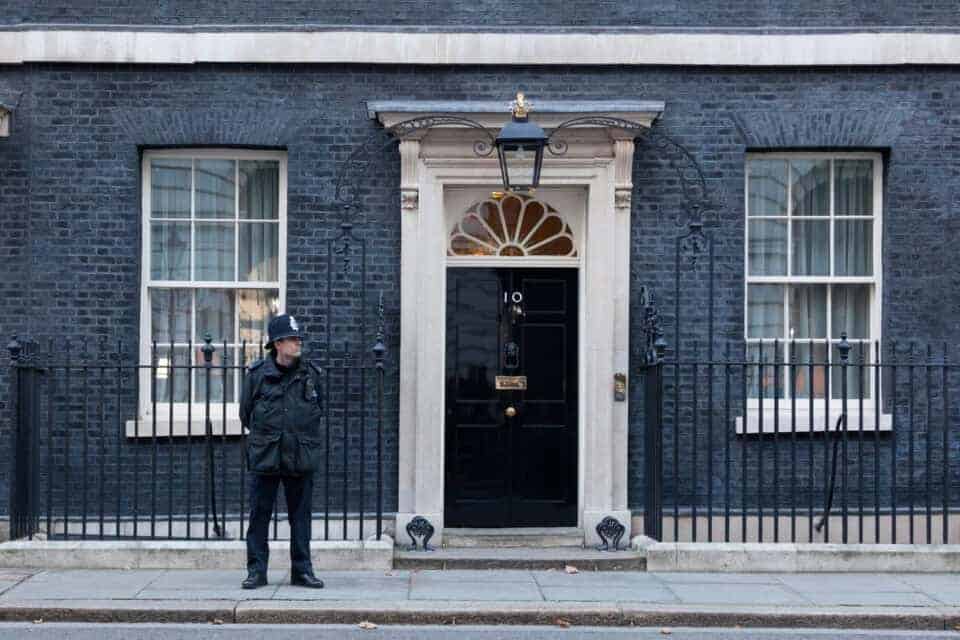Canada’s decision to cap international study visas for two years has caused concern among international education players in India although some are welcoming an elimination of “shoddy practices”.
All are mapping student reaction to the news – and seeing how the news will actually impact student views and application behaviour.
Some stakeholders say news of a cap will discourage students from choosing Canada as a study destination and will not address “real issues” in Canada’s immigration system or housing market. At worst, some suggest that the system will still be open to abuse.
“While we acknowledge the government’s intention to uphold educational quality and integrity, the drastic reduction in study permits, especially with a significant 35% overall cut, raises alarm,” Manisha Zaveri, joint managing director of Career Mosaic, told The PIE.
“We hope for a reconsideration of this policy, emphasising collaboration between stakeholders to address concerns while fostering Canada’s reputation as a preferred study destination.”
Founder & CEO of Leverage Edu, Akshay Chaturvedi, noted that Canada still requires immigrants to fill skill shortages.
“I see this as a political decision rather than a structured one for the economy,” he said, but he added, “In some sense it’s a great step towards solving Canada’s ‘diploma mills’ problem, it will shut down bad institutions and also de-incentivise agents who engage in shoddy practices – I welcome that part.”
The US is likely to win back a market share it has lost in the last decade, he suggested.
“I expect big drop offs because the post-study work visa is a big factor for Indian students choosing a country or college or program, and a vast majority of private institutions will now not be able to give students that.”
CEO of global student housing platform University Living, Saurabh Arora, called for “a more organised approach”, but he pointed to some potential benefits of the new measures in the long term.
“Acclaimed for its esteemed universities, Canada’s strategic stance on putting the cap may impact outbound Indian students in the short to medium term, but in the longer run it promises a fair opportunity for those genuinely seeking quality education.
“This adjustment is poised to foster growth in the student accommodation industry, providing quality living homes, mitigating cost-of-living inflation and contributing to economic stabilisation. Anticipated job opportunities and eligibility for a three-year work permit for graduates add positive prospects to this transformative shift.”
One agency that wanted to remain anonymous warned that the labour market shortage skills list could still be open to abuse by those in the country, whereby individuals access ‘fake’ LMIA-approved jobs to enter Canada’s workforce.
Many agreed that Indian students are likely to opt for other study alternatives in the short term.
Divyansh Chaudhari, CEO of IELTSMaterial, a subsidiary of edtech startup CollegeDekho, pointed to media reports that suggested that close to 40% of student visa applications from India were rejected in the second half of 2023.
“The intake curtailment announcement might not be the sole deterrent for those aspiring to study in Canada,” he indicated.
“All in all, I believe that number will come down and Indian students and migrants will look at greener pastures.”
Canada’s move to cap study permits will “create challenges for Indian students aspiring to study in Canada and will limit their opportunities”, Karan Gupta, founder of the Karan Gupta Education Foundation, said.
“The perception of Canada as a welcoming study-abroad destination will take a further beating”
“The perception of Canada as a welcoming study-abroad destination will take a further beating.
“Students are sceptical of studying in Canada because of the recent political situation and now with the reduction in study permits, students will think twice about applying to Canadian universities.”
Natasha Gandhi, a Mumbai-based student who initially planned to pursue Design at the University of Alberta, said the cap is “disheartening”.
“The recent diplomatic row between India and Canada had already raised some concerns for me and my family members suggested looking at alternative options. So far countries such as Ireland, Singapore and Germany are favourable to me,” she said.
Though the new rules are unlikely to impact students already in Canada, the latter are still worried about their future in the country.
Christy Mathew, an advertising student at Humber College in Toronto, said new rules bring “a lot of uncertainty for our futures here in Canada”.
“Capping study permits doesn’t affect students who are already here but it affects people who are planning to be here. Irrespective of the economic crisis with higher rent, higher price for groceries, everything is getting way too expensive, and on top of that, these rules make me question if I want PR in this country,” Mathew said.
Manpreet Singh, a student representative from the Montreal Youth Student Organization, said that the policy changes “do not address the real issues in Canada’s immigration system” or issues such as housing affordability, limited health facilities and high tuition fees.
“There have been protests against the rising rental costs due to increased demand from international students, leading to a negative impact on the Canadian real estate market. The Canadian government is not focusing on the root cause of the problems,” he said.
Gupta added that “solely blaming” public-private partnerships by removing their students’ access to PGWPs is “oversimplifying the issue”.
“To regain its status as a favoured study destination, Canada could consider implementing measures such as streamlining application processes, offering more scholarships, and actively addressing concerns raised by the student community,” he concluded.
“Safety is of paramount importance to both students and parents and the government of Canada should work closely with all stakeholders to assure students that they will be safe in Canada.”









